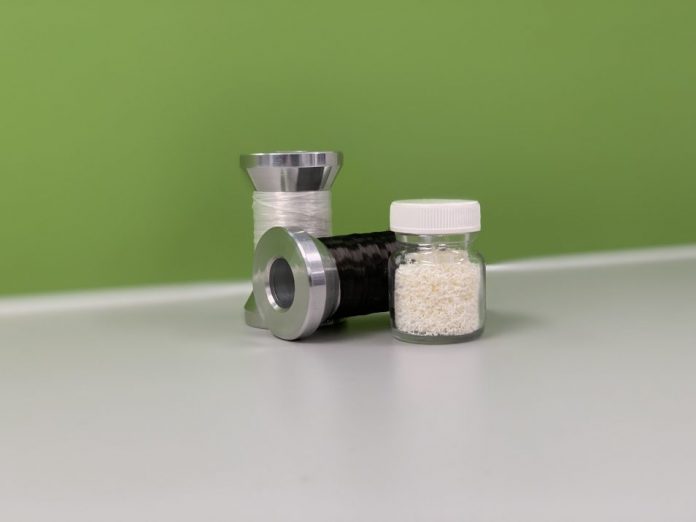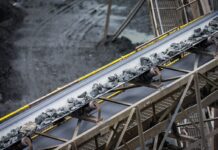
CSIRO has launched a new carbon fibre research aimed at producing aerospace grade carbon fibre that’s 20% stronger and more cost effective than current methods.
CSIRO, which has already created the first entirely Australian carbon fibre, is now working on producing carbon fibre with world leading performance that will give Australia the disruptive commercial advantage needed to establish its own carbon fibre industry.
The research, which is supported by the Science and Industry Endowment Fund, comes at a time when electric vehicle and unmanned aerial vehicle markets start to drive massive growth in carbon fibre’s uptake, with the global carbon fibre-reinforced plastics market projected to reach US$32.66 billion in 2020.
Currently only a handful of overseas manufacturers are capable of making carbon fibre from scratch at an industrial scale and the project could see Australia grab a slice of the action.
Using a technology called Reversible Addition Fragmentation chain Transfer, or RAFT, CSRIO researchers are capable of potentially making aerospace grade carbon fibre 20% stronger and more cost effective than current methods which are known to cause structural defects and weaken the material’s performance.
CSIRO said the technology allows them to tightly control their carbon fibre’s performance specifications and make it less susceptible to defects and breakages during the manufacturing process.
“We expect to eventually make aerospace-grade carbon fibre that’s 20% stronger than what’s currently available. Which means we can potentially make 20% stronger carbon fibre at the same weight, or equal existing performance with 20% less fibre. Either would be a game changer and the sort of disruptive commercial advantage Australia needs to establish its own carbon fibre industry,” the research organisation said in a blog post.
“It could also play an important role in stimulating more carbon fibre breakthroughs. Large-scale carbon fibre manufacturers can’t financially justify altering their factories for small, research-friendly runs. RAFT though could make it much simpler for innovative companies to have carbon fibre made to their own specifications.”


















